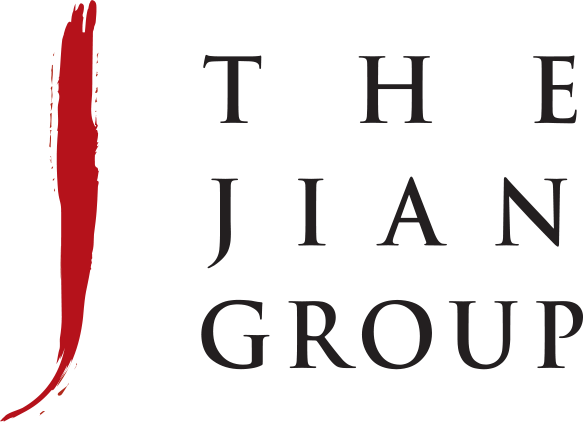Due diligence can be painful, but it also increases the odds of a happy marriage
Article by Michael Turner originally appeared here in ProSales Magazine.
The initial meeting between the executives of an acquiring company and the owners of a selling business is like a first date. Often over good food and drinks, they will discuss families, common industry relationships, operational horror stories, and eventually how they see their two companies partnering into the future. Assuming all goes well, these discussions will lead to more dates and to the next phase of a transaction, the negotiation of a Letter of Intent (LOI). An LOI will lay out the transaction’s major deal points and is used as a road map through the diligence and closing processes. An investment bank or intermediary will usually manage this negotiation and take the brunt of obnoxious comments that either party might say to each other. No one wants a fight or break up this early in a relationship.
Once the LOI is signed, both parties are jovial and excited, much like a wedding engagement. But if any of you have gotten married recently (or your kids have gotten married), you know the work is far from over.
Often misunderstood and perhaps underestimated, the due diligence and closing process is extremely detailed and can be very challenging. Sellers are going to be less sophisticated than buyers, and it is essential that the owners designate a point person (CFO or controller work the best) to handle the daunting requests they will receive from the buyer. The diligence process can be painful, but luckily most of the active acquirers in the building material industry have developed procedures that—although they require a lot of work—are specific to our space and have become efficient and protect both parties’ time and interests.
Who’s Involved?
Since the downturn of 2007, most buyers outsource important parts of their diligence review to third-party professionals. This includes insurance consultants to examine current policies, human resource consultants to review compensation and benefits, environmental firms to review operating facilities, CPA firms to perform a Quality of Earnings Report (“Q of E Report”), and law firms to examine the company’s records and prepare the definitive purchase agreements.
While the majority of findings from insurance, human resource, environmental, and legal can be handled through more diligence and/or in the legal agreements, the Q of E Report findings will have the most impact on the transaction’s final purchase price (and is why it is usually done first in the diligence process). The Q of E Report performed by the outside CPA firm takes a deep dive into the company’s financial results and analyzes all transactions in accordance with Generally Accepted Accounting Principles (GAAP). This process may be familiar to some companies with outside audits but having GAAP prepared financial statements is not customary with most sellers in the building material industry.
Trouble Spots
The LOI contains purchase price parameters based on preliminary financial information provided during the marketing process and most sellers are not in the mood to renegotiate price regardless of what is discovered in the Q of E Report.
Common issues include:
- Revenue that is improperly recorded in the year under review;
- Insurance settlements that inflate income; and
- Not capturing accruals for vacation expense, sick time, bad debt or inventory shrinkage.
The Q of E Report rarely results in increasing the earnings of the seller, and the reduction of earnings can become problematic with a seller who has already mentally spent the LOI’s value. Handling the Q of E Report and the general information overload of the diligence process can make an owner’s head spin and can sometimes stop the process in its tracks.
Much like a bride who has a wedding planner to help navigate through the major decisions (the band, invitation list, what food to serve, etc.), it is critical that a seller have a qualified investment banker to lead the transaction and prevent deal fatigue from creeping in.
Who Should Do What
A qualified investment banker (or intermediary) should be able to oversee the transaction and keep the momentum established at the LOI signing through the final closing. This involves constant communications to and between the buyer, the seller, and the other third-party professionals.
The banker should maintain all the diligence request items in an electronic database and should be constantly monitoring the multiple request lists to insure information flow is timely. Regular status meetings or conference calls should be set up for periodic updates to make certain that any hiccups during diligence are dealt with before they become deal killers.
Despite everyone’s best efforts, there will almost always be a few key issues that have to be dealt with face to face between the decision makers. These can be tough conversations but ultimately if you can get through these final discussions after the months long diligence period, you know that you have found the right partner. You may kiss the bride.


